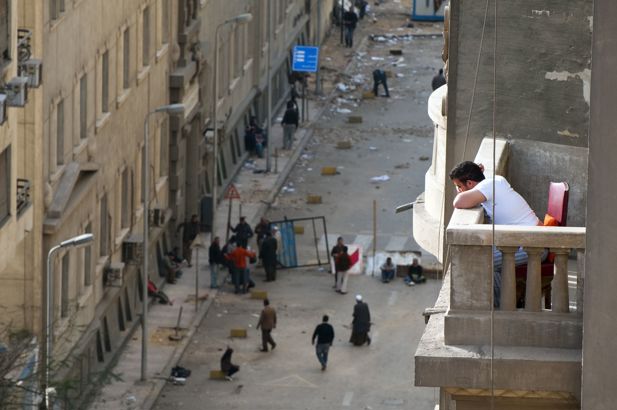Responding to Uprising: Urban Security Between Resilience and Resistance
- Dates
- Thursday 26 September 2013 (09:00-17:00)

With the urban population now exceeding those of rural areas, security in the twenty-first century is an urban matter: it concerns urban spaces, infrastructures and communities as much as it concerns global politics.
While terrorism has shaped urban security in the last decade, since 2011 cities have been at the centre of protest, riot, and even widespread uprising. Beyond the “Arab Spring”, these events are leaving deep marks in cities worldwide, triggering strong, often violent responses from governments. If terrorism was the key for understanding urban security in the past decade, uprising is a crucial key for understanding urban security in
the current one.
Protest and uprising have produced solidarity and organised resistance at urban, national and transnational scales, hence the importance of researching the phenomenon transcending regional divides. Since late 2010 the Arab uprisings, European and US anti-austerity protests and occupations, and the UK riots have suggested the presence of a new political moment of mass disaffection, disobedience and resistance that has in cities its symbolic and physical terrains. Beyond the specificities of individual events, urban dissent worldwide shares broader concerns about social justice, human rights, and democracy and their exercise in the city.
This one-day multi-disciplinary workshop gathers academic experts from across and beyond the University of Birmingham to exchange knowledge with practitioners on the broad question of how to manage cities in times of uprising. It explores the impact of protest and uprising on everyday urban life, communities and built environments, and focuses on responses to these events given by different state and non-state actors. It includes participants from across disciplines and fields – including Geography, Law, International Sciences, Resilient Urban Infrastructures – and from various geographical contexts including the UK, Egypt, Greece and Spain. In particular, it explores the development of different notions and practices of resilience, and their relation to localised resistance, in cities that are experiencing crisis and transition. By combining multidisciplinary and multi-context expertise, the workshop aims to produce comparative knowledge about urban responses to crisis, across the accepted binaries of global north/global south and developed/developing cities.
Discussions will be guided by the following questions:
• Which security discourses, spatial tactics and policies do states adopt to respond to protest and uprising?
• Which strategies do urban communities employ to respond, resist and adapt to crisis and transition?
• Do state and community responses trust, reflect and respect each other’s objectives?
• How are resilience and resistance understood, related, and applied?
Listen to Dr Fregonese's recent podcast on 'Conflict in the city'
Read the post-workshop report by Dr Sara Fregonese posted on her blog EveryDayGeopolitics.